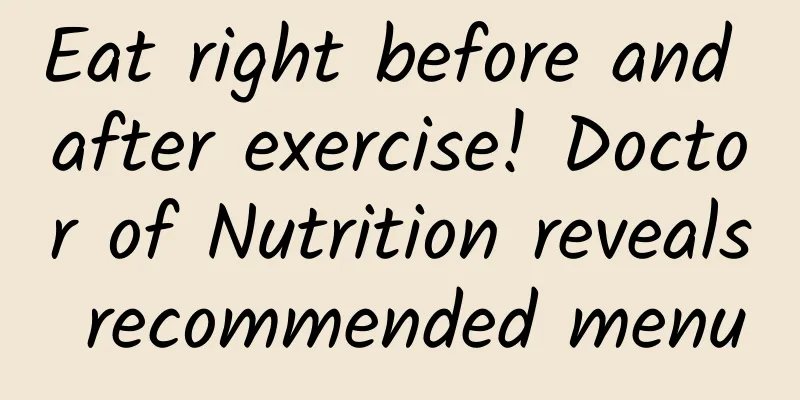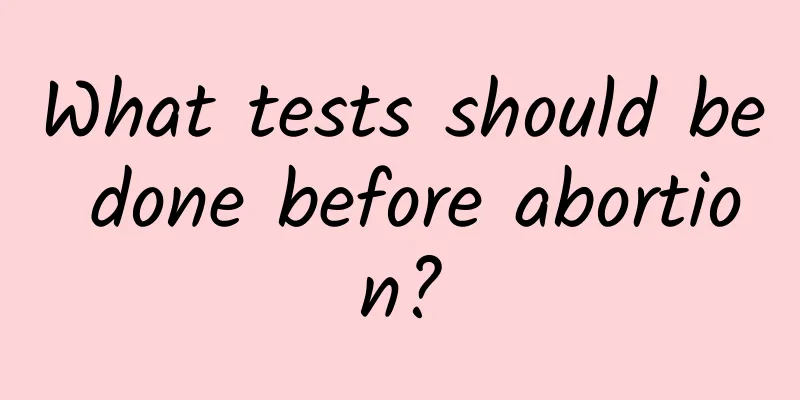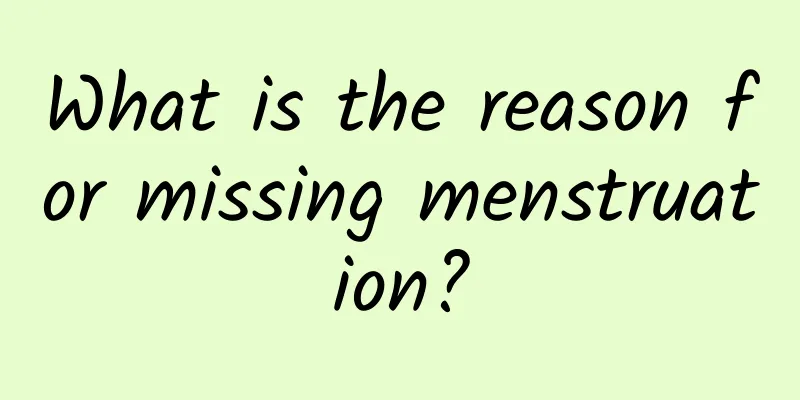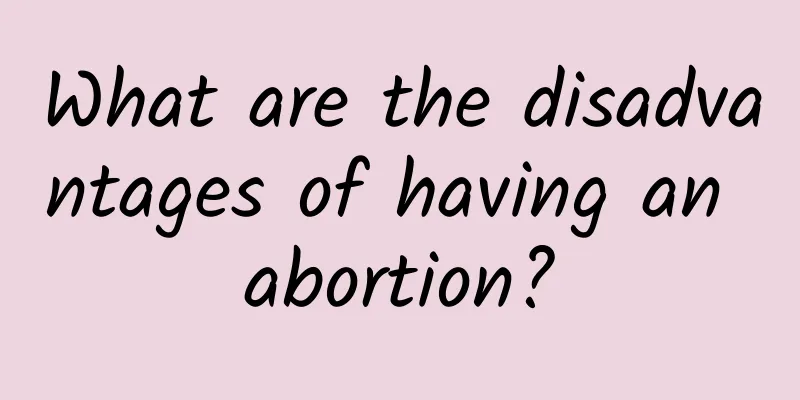Eat right before and after exercise! Doctor of Nutrition reveals recommended menu

|
Should I eat before exercising? Many people are reluctant to eat before exercising, thinking that if they don’t eat, they will exercise later and burn more calories. This should help with weight loss? Wrong! If you exercise on an empty stomach, especially early in the morning, you may experience hypoglycemia. In addition, if there is no food to replenish, the body will break down muscles to produce energy, which is what we least want to see, because muscle preservation is so precious and must not be consumed due to lack of food. What should you eat before exercising? 1 to 2 hours before exercise, you should mainly eat some high-quality carbohydrates. You can choose bananas, oats, whole wheat bread, and sweet potatoes. The calorie intake can be adjusted according to the exercise you are going to do. If you just brisk walk for half an hour, you only need to replenish about 100 calories before exercise. If you are jogging for half an hour, you can increase your calories to about 200 calories before exercise. The amount of calories you consume depends on the intensity and duration of your exercise. But don't eat too sweet food, such as drinking a very sweet drink, too close to the time before exercise. Be careful that you may experience "rebound hypoglycemia" during exercise. Too sweet food will stimulate the secretion of a large amount of insulin, and exercise itself consumes blood sugar. Under the dual effects, hypoglycemia may occur. [Pre-exercise diet example (portion size should be adjusted according to actual exercise volume)] Can I eat after exercising? This is the question most people have. They feel that after spending a lot of effort to consume some calories, they have to replenish them immediately. Isn't it a waste of work? In fact, you don’t have to worry about gaining weight after eating after exercise, because after we exercise, the ability of muscles to absorb nutrients is much stronger than fat. Therefore, most of the nutrients we eat after exercise go to nourish the muscles instead of accumulating fat. But please note that the issue of "quantity" is very important, and don't think that you can eat as much as you want just because you exercise. If your exercise is just brisk walking or jogging for half an hour, and you have supplemented with high-quality carbohydrates before exercise, then you don't necessarily need to eat after this low-intensity exercise. However, if your purpose of exercising is to "build muscle", then the time, type, and amount of food you eat after exercise become very important! I have always emphasized that the body's metabolism is by no means a simple math problem of addition and subtraction of calories in and out. The increase in muscle mass is what allows us to eat without gaining weight. Therefore, it is recommended that we include weight training to increase muscle mass in the exercises we plan. When it comes to gaining muscle, dietary supplements after heavy training are particularly important. After heavy training, you must seize the time to replenish nutrition so that your muscles have nutrients to grow. Because when you eat after exercise, most of the nutrients will go to grow muscles instead of accumulating fat. What to eat after exercise? After finishing weight training, take a break to catch your breath and then go out to find food. Eat within 20 to 60 minutes after exercise. If you start thinking about eating 2 to 3 hours after exercising, when you have a big meal, most of the nutrients will not be used to synthesize muscles, but may be more likely to be used to accumulate fat! For meals used to grow muscles after heavy training, the best carbohydrate: protein ratio is about 3:1 to 4:1. However, don’t eat only protein, the effect is not great, because protein synthesis requires the help of carbohydrates (because the carbohydrates we eat will stimulate insulin secretion, and insulin will help amino acids enter muscle tissue to synthesize protein! So, when you only eat protein, you feel like you are fighting alone! ); For general weight training, the protein intake after training should not exceed 20 grams, unless your training intensity is very high and you want to become a "big guy". Otherwise, studies have found that more than 20 grams of protein will not be of much help in muscle building. Eating more is useless and will increase the burden on the body! Based on this principle, after weight training, you can have a bowl of chicken rice, toast with egg, yogurt with nuts, rice balls with soy milk, sweet potato with tea eggs, etc., with a calorie content of about 300 to 400 calories! [Example of post-exercise diet (portion should be adjusted according to actual exercise amount)] Carbohydrate: protein = 3:1 This article is from Kate Culture's "Nutritionist's Table Scenery" |
<<: Marathon beauty nutritionist reveals what she eats before, during and after exercise
>>: Sculpted shoulders and sexy lines! 6 Yoga Exercises to Keep Your Sexy Body
Recommend
Can chronic pelvic peritonitis heal on its own?
In life, the incidence of pelvic peritonitis is v...
Are cervical warts contagious?
As society becomes more open, many common sexuall...
When should uterine fibroids be removed? When should uterine fibroids be removed?
When should uterine fibroids be removed? When sho...
Where is the best place to check endometrial thickness?
What is the treatment method for endometrial thic...
What is an ovarian cyst and what causes it?
What do ovarian cysts look like and what causes t...
It only takes 1 minute to grow 2 cm taller? 3 types of "zero-position training" to make your body more attractive
In just one minute, you can increase your height ...
How do you get a Bartholin's gland cyst?
Bartholin's gland cyst is usually caused by t...
What are the methods for treating ectopic pregnancy?
There are many options for treating ectopic pregn...
Lara Leung refused to lose weight but ended up losing weight?
Lara Leung, 25, has been in the industry for 8 ye...
Lai Qingde personally watched the pig farm insist on zero detection of clenbuterol
On the 20th, Tainan Mayor Lai Ching-te visited th...
What can I eat to nourish qi and blood for uterine fibroids? Can I eat medicine to nourish qi and blood for uterine fibroids?
Uterine fibroids are common benign tumors in wome...
Experts classify common causes of cervicitis
Cervicitis is a gynecological disease with increa...
3 tips to keep away from abdominal obesity and reduce belly fat at any time
A recent survey by the U.S. job search website Ca...
Common symptoms of irregular menstruation
Irregular menstruation is a phenomenon that many ...
What is black discharge? Women should be alert to black discharge in 3 situations
If black secretions flow out of the vagina, it de...









